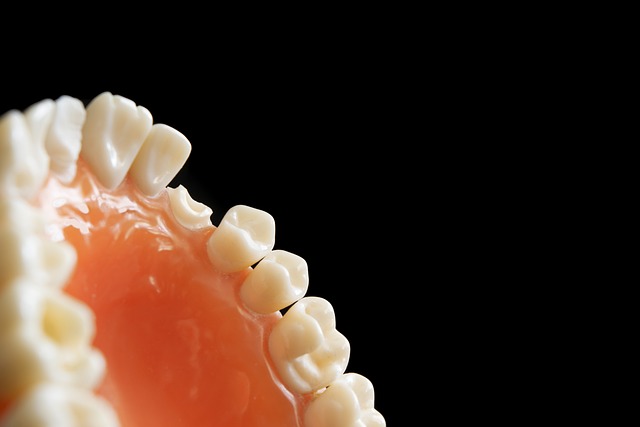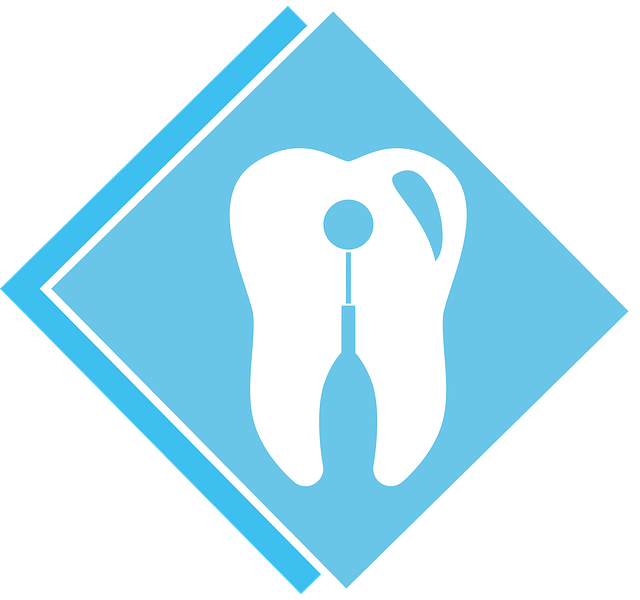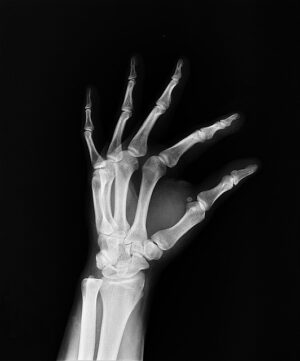Dental professionals face significant risks, including malpractice claims due to errors or omissions during procedures. Liability insurance for dentists is crucial to mitigate these risks, providing financial protection against lawsuits and legal fees, ensuring practitioners can focus on quality patient care without worry. Comprehensive coverage includes medical malpractice, general liability, and professional liability, safeguarding assets and careers from potential financial ruin. When choosing a provider, prioritize financial stability, insurer reputation, and tailored policy fit for unique dental practice needs.
Dental professionals face unique challenges, with liability concerns topping the list. Understanding dental liability and its risks is crucial for any practice’s success. This comprehensive guide delves into the importance of liability insurance for dentists, exploring common threats, various plan types, key features, and selection criteria. By examining real-world case studies, you’ll gain insights into managing potential liabilities effectively. Discover why having the right liability insurance is essential to safeguard your dental practice.
- Understanding Dental Liability: Common Risks and Challenges
- Importance of Liability Insurance for Dental Practices
- Types of Dental Liability Plans Available
- Key Features and Benefits of Comprehensive Coverage
- How to Choose the Right Liability Insurance Provider
- Case Studies: Real-World Examples of Dental Liability Claims
Understanding Dental Liability: Common Risks and Challenges

Dental professionals, like any other healthcare providers, face unique challenges and risks that can lead to potential liabilities. Understanding these risks is crucial when it comes to navigating the complex landscape of dental practice. One of the primary concerns is malpractice claims, which arise from alleged errors or omissions during dental procedures. These claims can stem from various factors such as incorrect diagnoses, improper treatment plans, or even simple human error in administering anesthesia.
Liability insurance for dentists plays a vital role in mitigating these risks. It provides financial protection against potential lawsuits and covers associated expenses, including legal fees and settlement costs. Given the high stakes involved in dental care, having comprehensive liability insurance is essential to safeguard both practitioners and patients. This proactive measure ensures that dental professionals can focus on delivering quality care without the constant worry of facing significant financial burdens from unexpected claims.
Importance of Liability Insurance for Dental Practices

Liability insurance for dentists is an indispensable tool in safeguarding their practices and personal assets. In the high-stakes world of dentistry, where medical errors or patient injuries can lead to significant legal repercussions, having robust liability coverage is not just advisable—it’s essential. This type of insurance acts as a shield, protecting dentists from potential financial devastations that may arise from malpractice claims, personal injury suits, or other unexpected events.
Without adequate liability protection, dental professionals risk facing substantial monetary losses, reputational damage, and even the closure of their practices. Liability insurance for dentists provides peace of mind by covering legal fees, settlement costs, and medical expenses associated with such incidents. It enables dental practitioners to focus on delivering quality care without the constant worry of financial exposure, ultimately fostering a safer and more secure environment for both patients and providers.
Types of Dental Liability Plans Available

Dental professionals have a variety of liability insurance options available to them, designed to protect against potential risks and claims associated with their practice. These plans are essential components of risk management strategies for dentists, ensuring they are prepared for any unforeseen circumstances.
The most common types include professional liability insurance, also known as malpractice insurance, which covers damages arising from alleged negligence or errors in dental care. Additionally, dental professionals can opt for general liability coverage to protect against non-medical claims like accidents or property damage on their premises. Some plans may even offer combinations of these policies tailored to the specific needs and exposure of a dental practice.
Key Features and Benefits of Comprehensive Coverage

Comprehensive liability coverage is a crucial safety net for dental professionals, offering protection against potential risks and claims. This type of insurance provides a wide range of key features designed to safeguard dentists from financial loss and legal liabilities. One of its primary benefits is medical malpractice coverage, which protects against claims arising from alleged negligence during dental procedures. This includes expenses related to defense costs and settlements or judgments.
Additionally, comprehensive coverage extends to general liability, covering damages for personal injury or property damage that may occur within the dental practice. It also provides professional liability insurance, ensuring protection against claims of malpractice or negligence in diagnosis, treatment plans, or any other aspect of patient care. This level of coverage offers peace of mind, enabling dentists to focus on delivering quality care while knowing they are shielded from potential financial risks associated with their profession.
How to Choose the Right Liability Insurance Provider

When selecting a liability insurance provider, dental professionals should look beyond the lowest premiums. It’s crucial to consider the financial stability and reputation of the insurer. Check their claims-paying ability and customer reviews to ensure they deliver on their promises. Look for providers specializing in dental liability insurance, as they will have a deeper understanding of the unique risks faced by dentists.
Additionally, carefully review the policy coverage and exclusions. Make sure the policy aligns with your practice’s needs, including professional liability, general liability, and any specialty-specific coverages. Ask about deductibles, limits, and the process for reporting and resolving claims to ensure a smooth experience if and when you need to file a claim.
Case Studies: Real-World Examples of Dental Liability Claims

Dental professionals, like any healthcare providers, are not immune to liability claims. These can arise from various situations such as negligence in treatment, equipment malfunctions, or errors in medication. Understanding the real-world implications of these claims is crucial for dentists seeking suitable coverage through liability insurance for dentists.
Case studies illustrate the breadth and impact of dental liability cases. For instance, a study analyzing trends in dental malpractice lawsuits revealed that misdiagnosis and treatment errors are frequent causes. Another case highlighted a dentist’s failure to obtain informed consent, leading to a successful plaintiff claim. These examples underscore the importance of comprehensive liability insurance for dentists to protect against potential financial and reputational damage.
